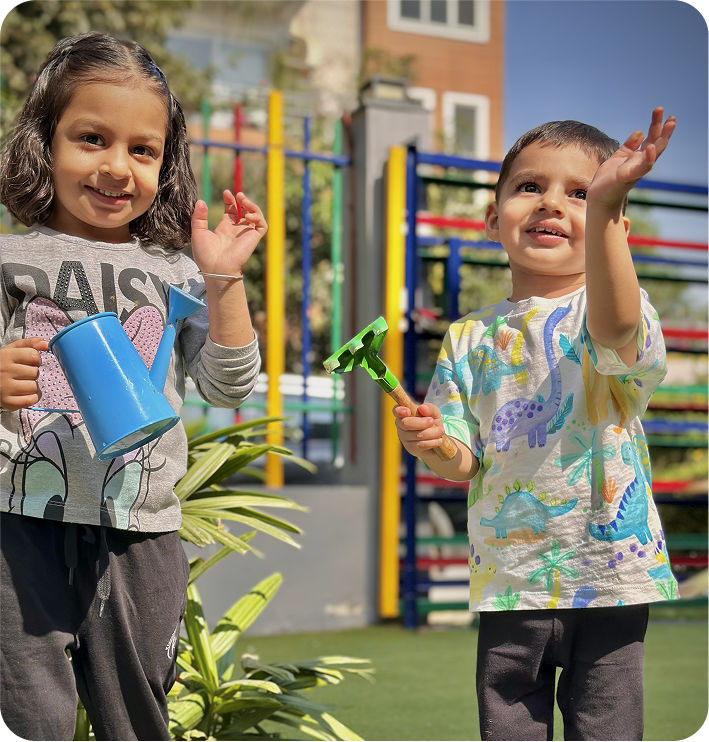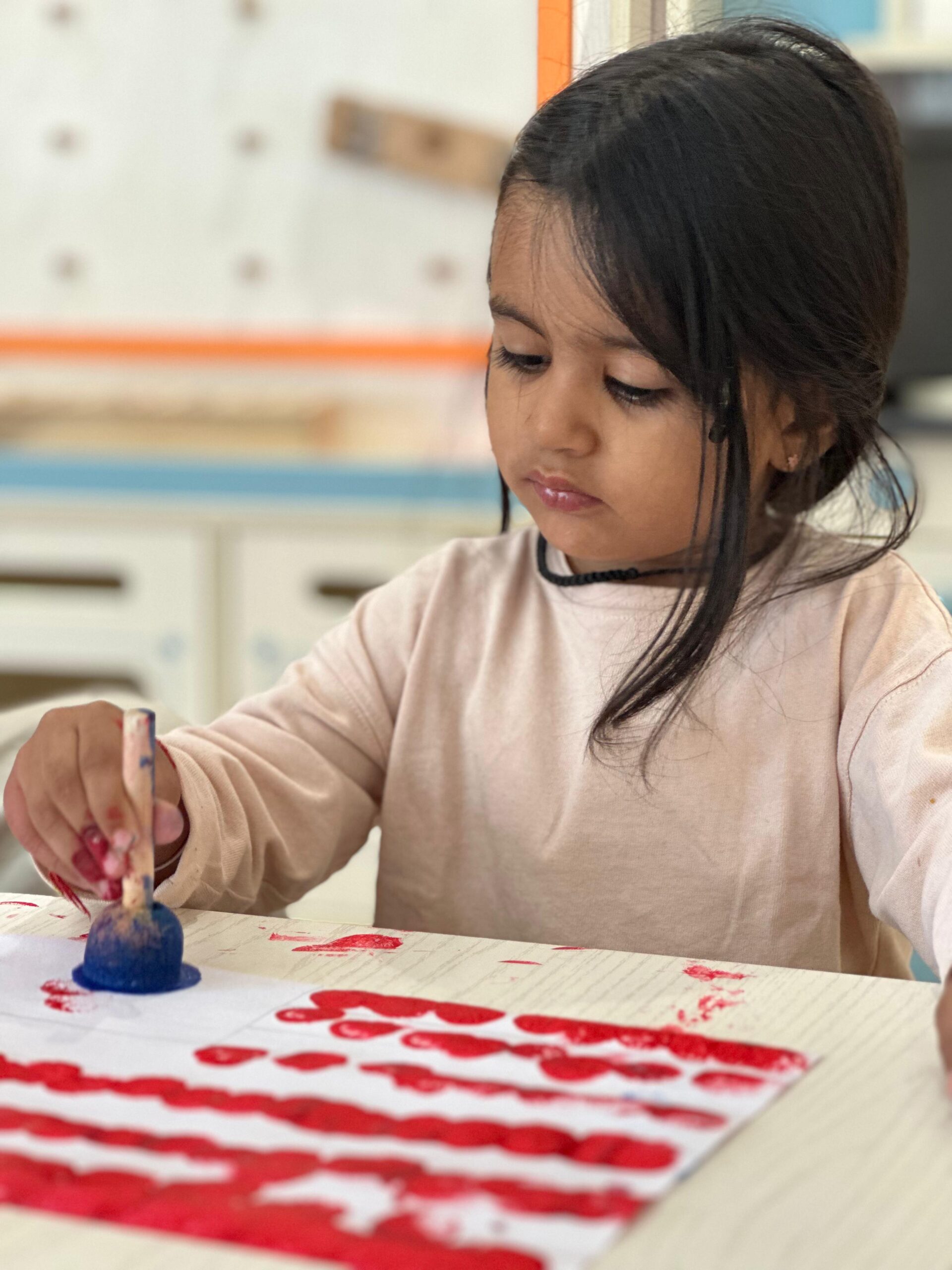
Parents often wonder what the best age for preschool is.
The question sounds simple, yet the answer depends on far more than numbers.
Preschool isn’t just the first classroom a child walks into; it’s the first world they experience without a parent’s hand holding theirs. The goal isn’t to get them in early; it’s to get them in ready.
Children grow at different speeds emotionally, socially, and physically. Some 2-year-olds may happily wave goodbye on their first day, while others at 3.5 may still cling tightly. Both are valid. Both are normal.The best preschools in Gurgaon, and across India, understand this difference. They don’t measure readiness by age, but by observation of how a child responds to the world.
The Typical Age Range And Why It’s Only a Reference
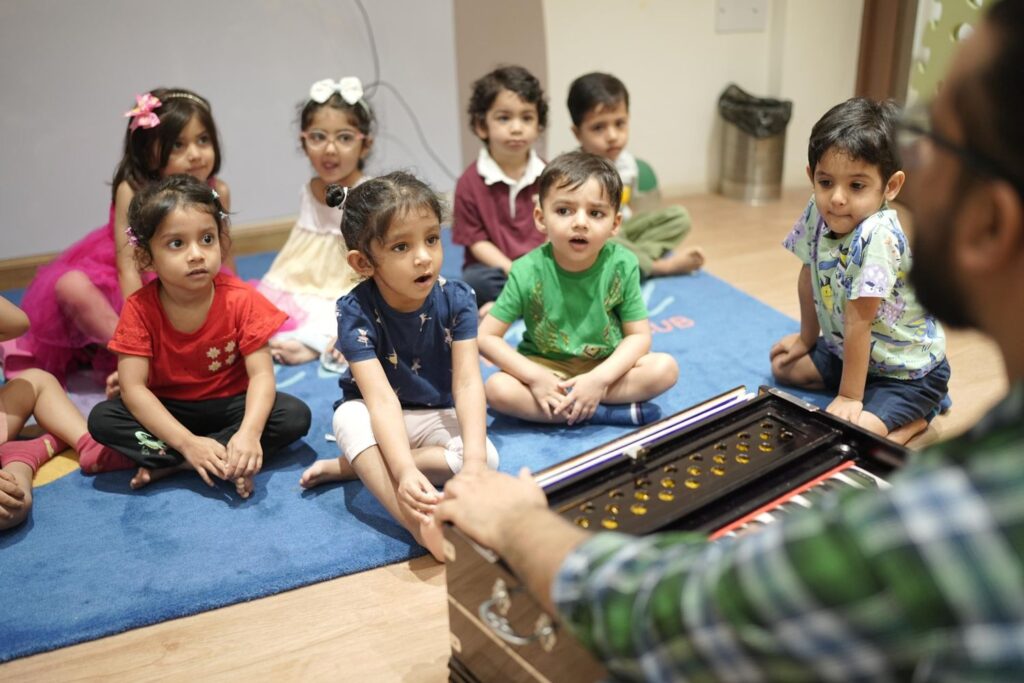
Most preschools in India accept children between 2.5 and 3.5 years, but this guideline was never meant to be universal. It’s a framework, not a formula.
At this age, children begin showing curiosity beyond home. They start experimenting with words, exploring independence, and noticing peers. The ability to separate gently from parents, to follow a small routine, and to stay engaged in short play sessions are stronger indicators of readiness than a birth certificate date.
In Finland and Japan, preschool often begins closer to age 4 or 5, while in the US it’s common around 3. The difference isn’t cultural preference, it’s about the developmental approach.
Countries that prioritize social-emotional growth tend to begin slightly later, ensuring children first feel secure in relationships and expression.
Headstart Preschool follows the same philosophy. The child’s comfort is placed before the calendar.
How Development Shapes the Right Time
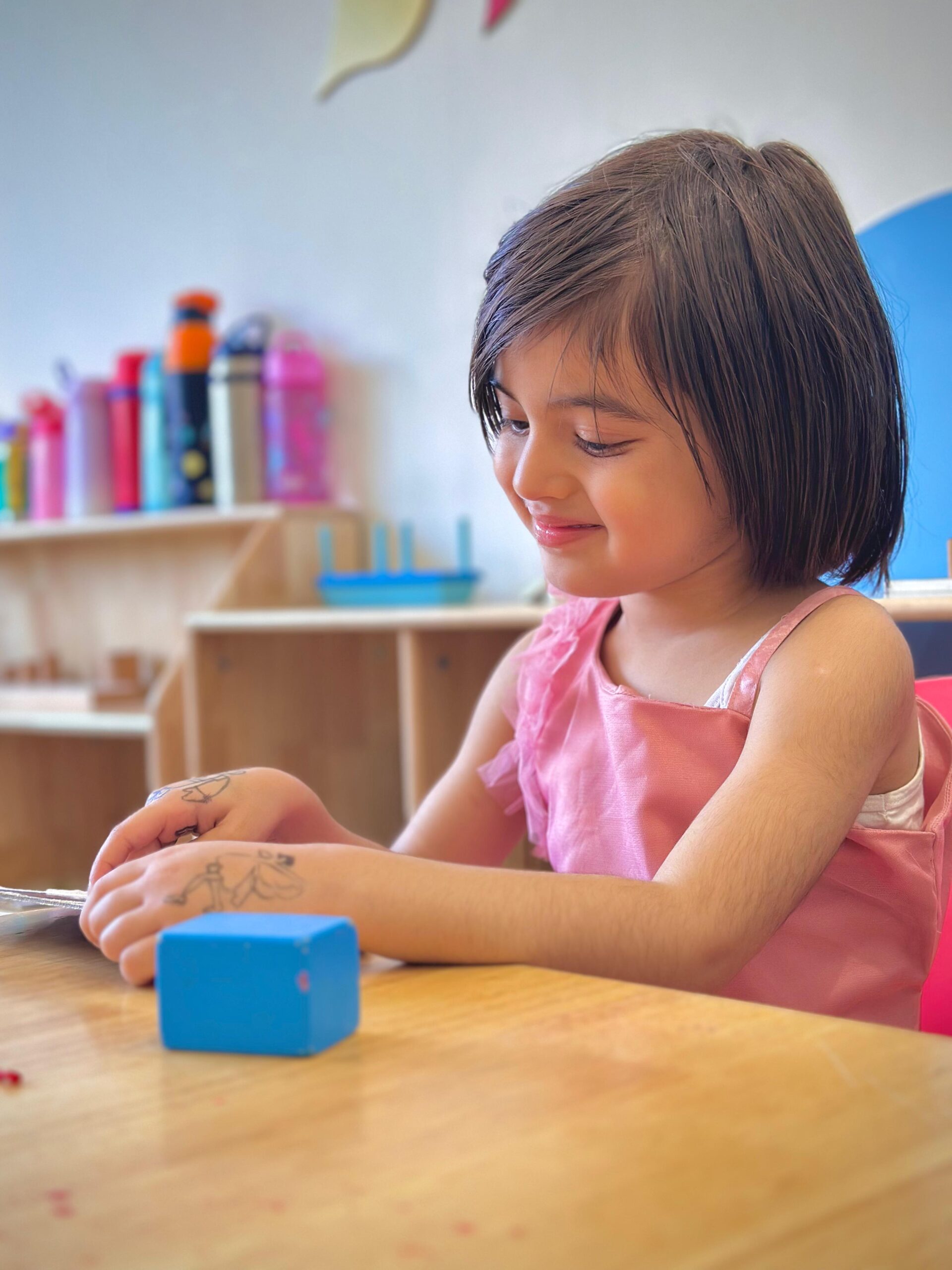
The age to start preschool depends on how ready a child is to connect, not just to learn.
Readiness usually unfolds in four areas:
- Emotional Readiness – A child who can handle short separations with reassurance, and expresses curiosity about new people or spaces.
- Physical Readiness – Basic motor control, balance, and stamina for short play or activity sessions.
- Social Readiness – The ability to share toys, wait for turns, or imitate peers.
- Cognitive Readiness – Curiosity to explore, match, identify, or ask “why?”
These abilities emerge gradually between ages two and four. No fixed line separates readiness from unpreparedness; it’s more like a sunrise than a switch.
Starting Too Early – What Often Gets Missed
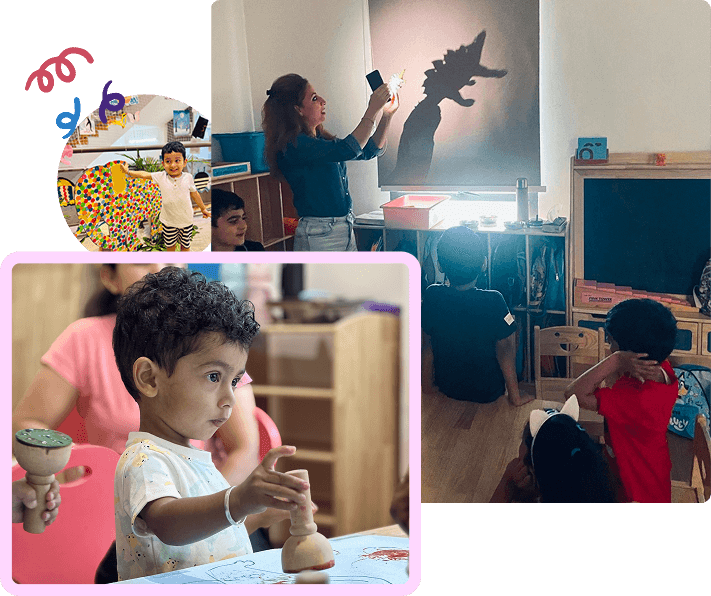
When preschool begins too soon, the emotional cost is rarely visible at first.
A child who cries daily or resists going to school is often labeled “difficult” but more often, it’s a sign that they weren’t ready to separate yet.
In the long run, this can shape how the child associates learning with stress.
Early pressure might accelerate exposure, but it can also slow confidence.
Preschool is meant to build security, not performance. The “best preschools” know that patience in the beginning saves months of resistance later.
At Headstart’s Toddler’s Nest, this understanding is built into the structure of short hours, parent-accompanied sessions, and play-led adaptation. The goal is not attendance; it’s attachment.
Starting Too Late – What Opportunities Might Be Missed
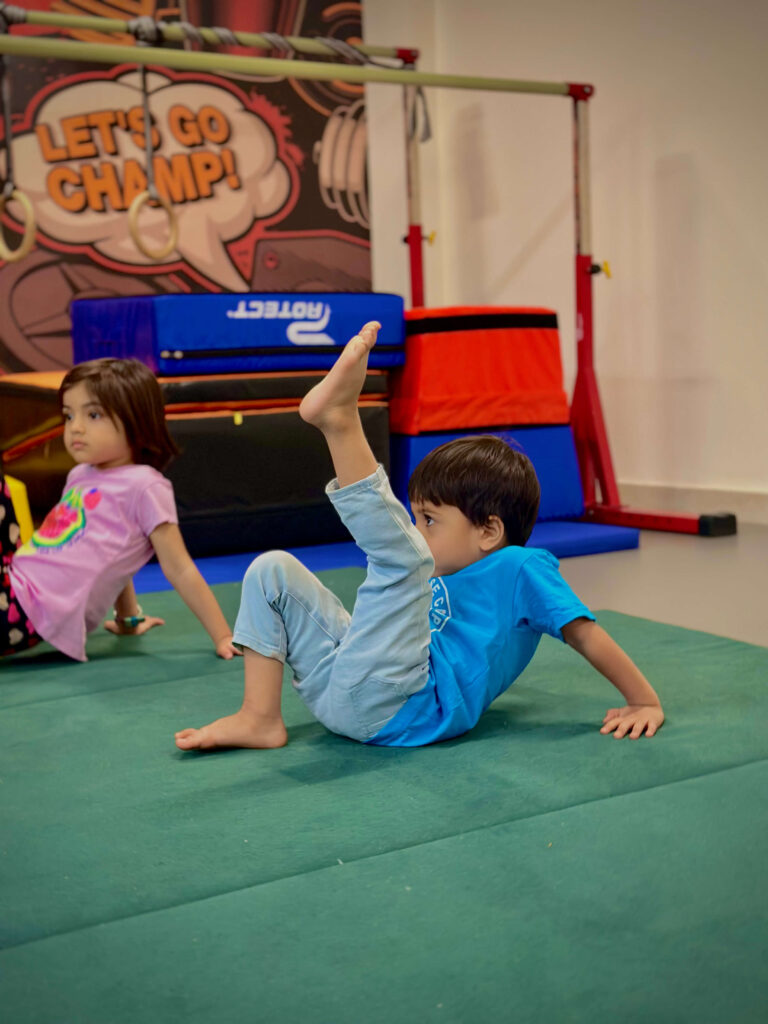
Delaying preschool beyond 4 or 4.5 years isn’t harmful, but some developmental windows can be missed.
Social learning, group play, and peer interaction bloom best between ages 2.5 and 4. During this period, children are naturally curious about others; they copy, observe, and connect. If preschool is postponed far beyond this, adapting to social rhythm might take longer later on.
Early group experiences help children understand cooperation, empathy, and routine foundations that formal schooling later depends on.
In essence, too early can overwhelm; too late can under-stimulate. The balance lies in a gentle start, at a pace that respects both readiness and opportunity.
What the Science Says
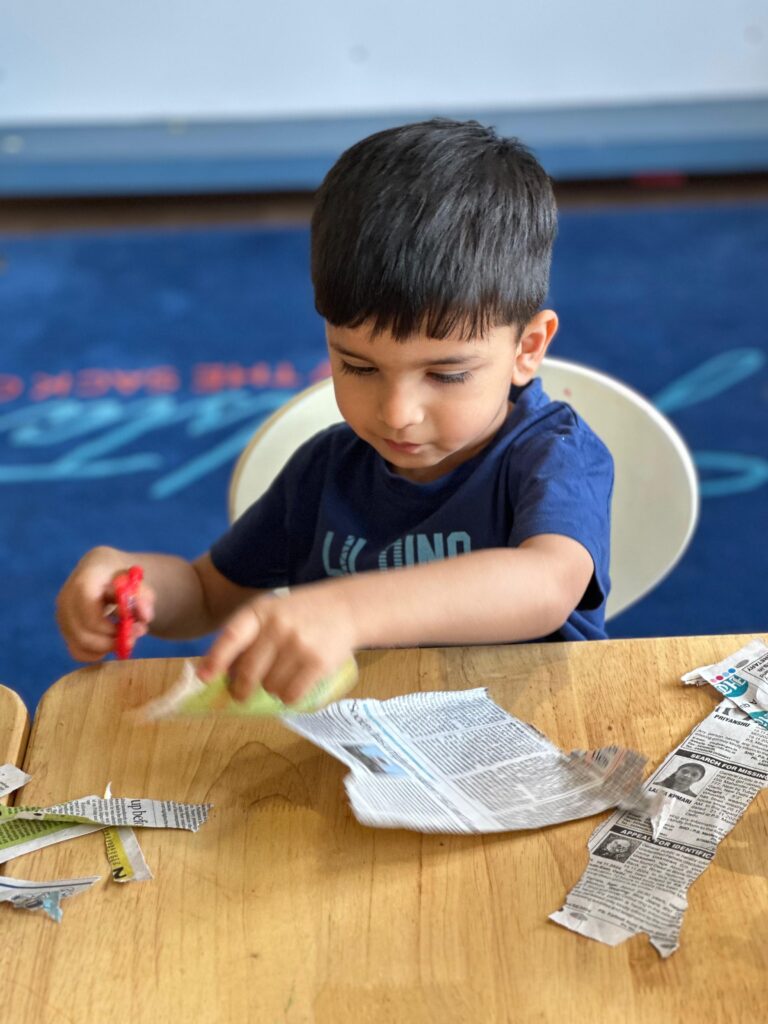
Research in early childhood development shows that neural pathways for social and emotional regulation are most flexible between 2 and 5 years.
This doesn’t mean structured academics it means exposure to environments that encourage curiosity and cooperation.
The National Institute for Early Education Research (NIEER) and multiple child development studies indicate that children who experience early group learning through play develop better communication, emotional regulation, and adaptability.
But the key variable isn’t “how early” it’s how supportive the environment is.
A nurturing preschool that values emotional safety over achievement can offset early starting age challenges entirely.
A Different Way to Think About Preschool Age

Instead of asking “What age should my child start preschool?”, a better question might be:
“At what age will my child enjoy learning away from me?”
That shift in language changes everything.
Preschool should feel like an extension of home, not a replacement.
When children enter at an age where they can form secure attachments with teachers and explore freely, learning becomes joyful.
This is why at Headstart Preschool, every child’s entry is treated as a transition, not a transaction.
Teachers observe how each child separates, adjusts, and explores and tailor the rhythm accordingly.
A Quick Parent Reflection Checklist
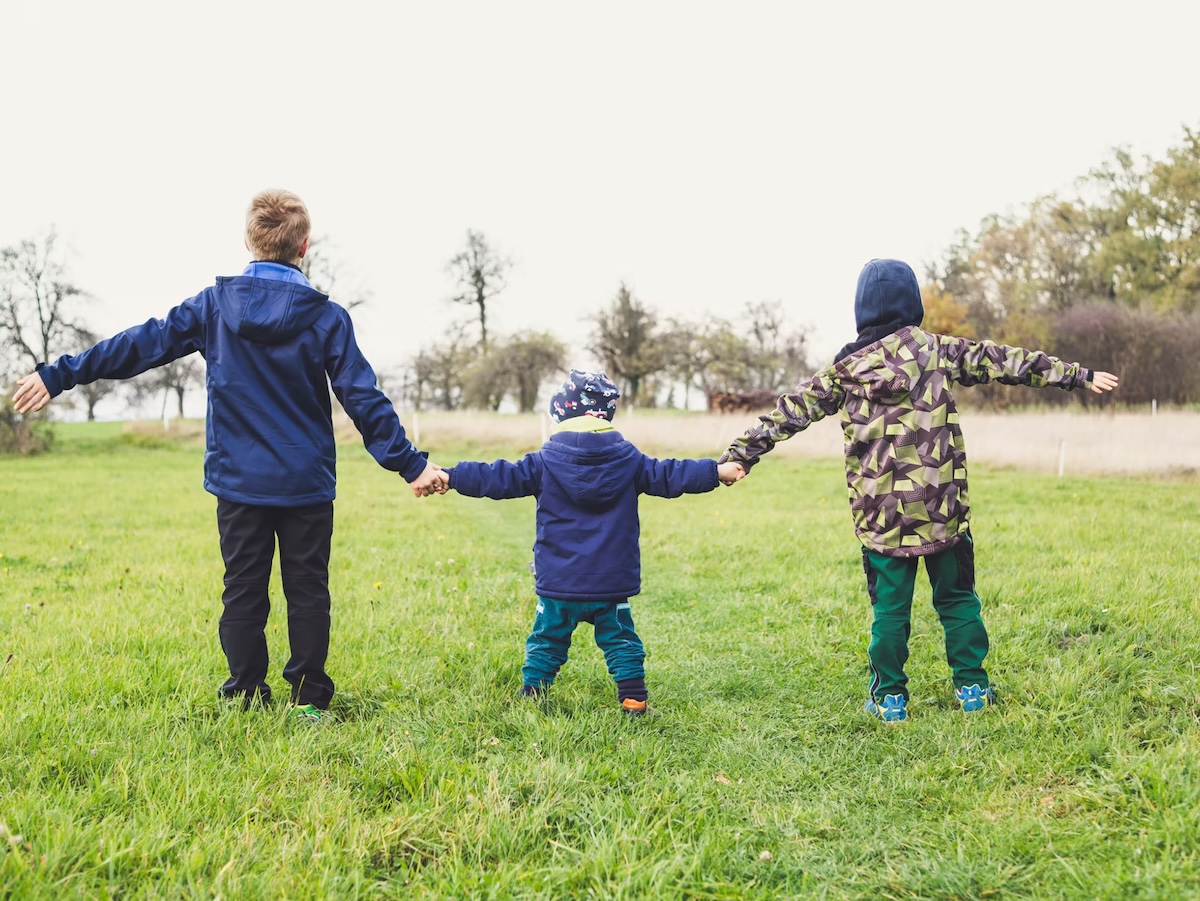
Before deciding, ask yourself:
- Has my child started showing curiosity about other children?
- Do they enjoy exploring new spaces, even briefly?
- Can they follow simple instructions or routines?
- Am I emotionally ready to step back while they step forward?
If most answers feel like “yes,” your child is probably ready.
If not, it may simply mean they need a few more months of comfort-building at home.
What Happens at the Right Age

When preschool starts at the right age, when readiness and environment align, something beautiful happens.
Children stop “going to school.” They start belonging there.
They run toward teachers, explore confidently, and begin to see learning as play, not pressure.
Their sense of independence grows naturally, not because it’s taught, but because it’s trusted.
That’s when preschool becomes what it was meant to be: a bridge from dependence to discovery.
Final Thoughts
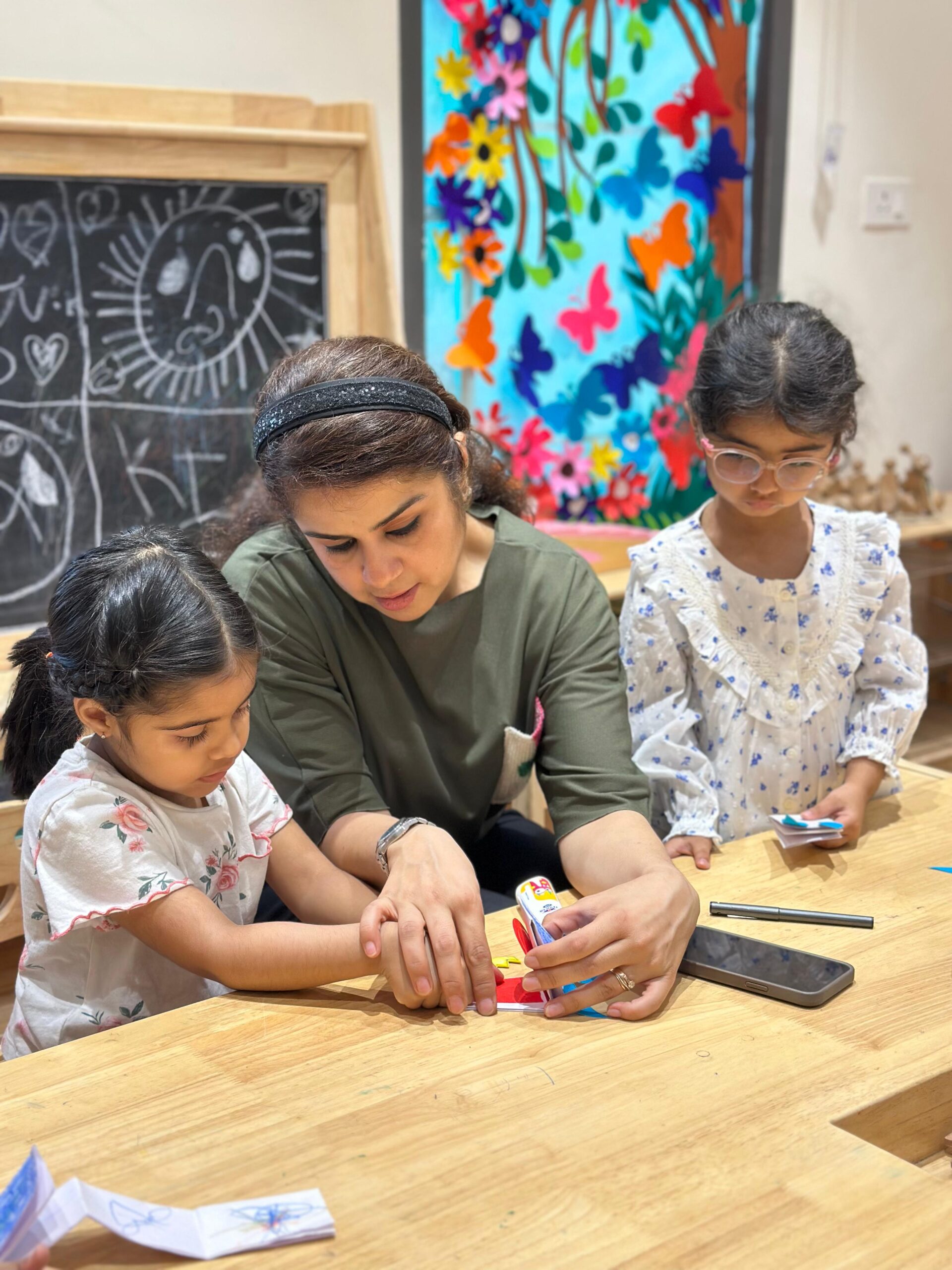
The best age to start preschool isn’t a number printed on a brochure; it’s a moment that arrives quietly, when curiosity begins to outweigh hesitation.
For most children, that happens between 2.5 and 3.5 years, but for some, it may take longer, and that’s perfectly fine.
At Headstart Preschool, readiness is seen as a rhythm, not a race.
Children are welcomed when they’re ready to learn through laughter, not tears.Because the best preschool journey doesn’t begin on time.
It begins when the child feels ready to explore the world joyfully

